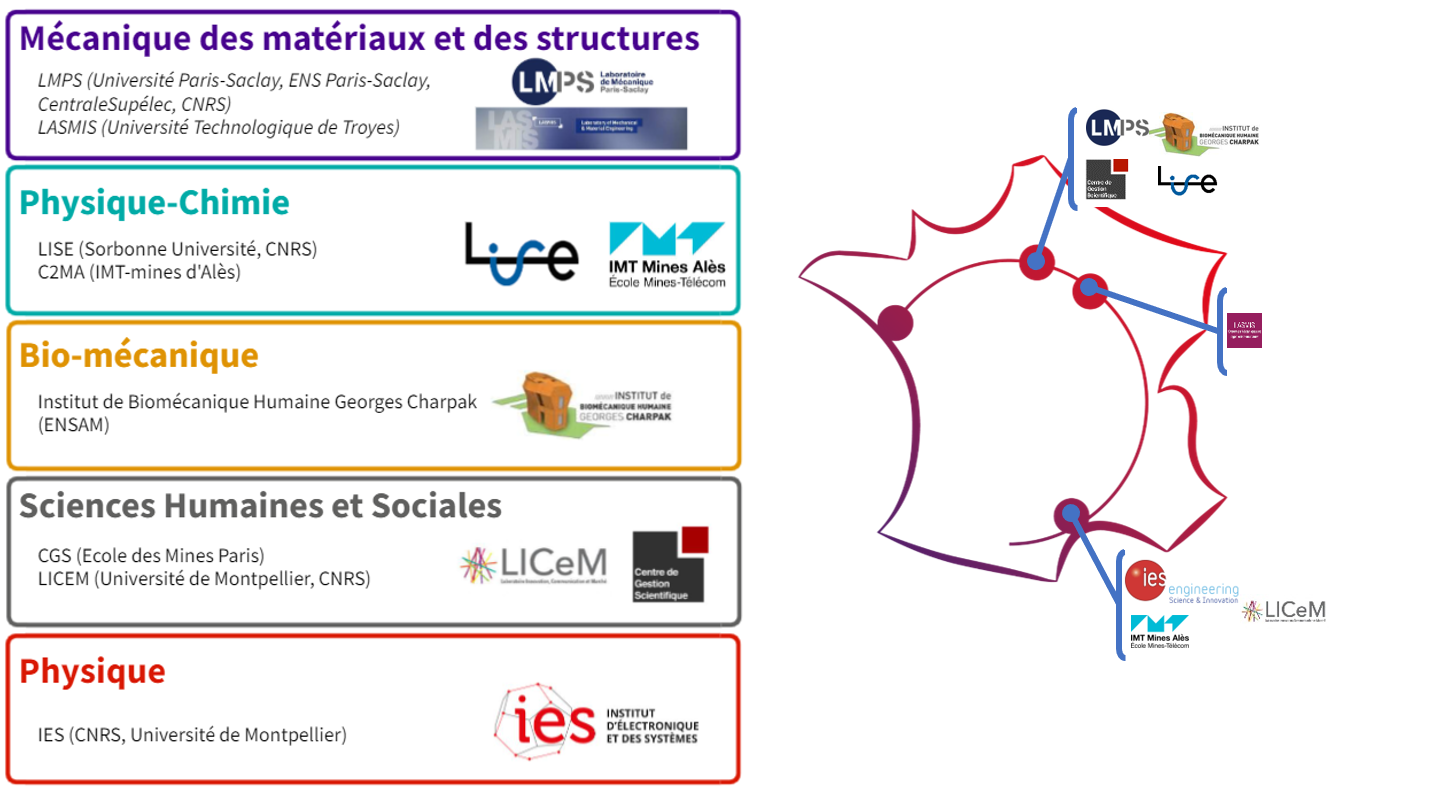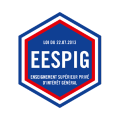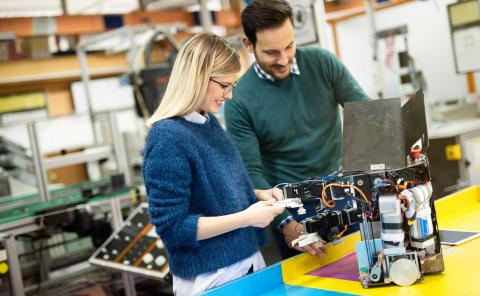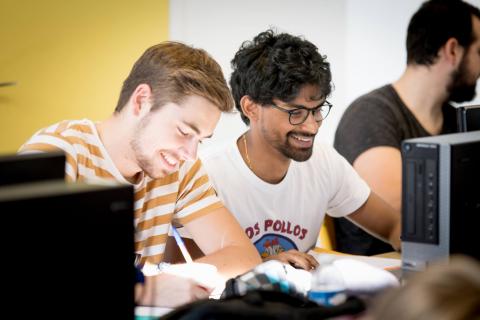
Expertise
Research at EPF
Research has been developed at EPF since 2013, in order to support recruited teacher-researchers in their research and innovation activities. As a generalist engineering school, research activities carried out by the school's teacher-researchers were centered around two major themes: materials and energy.
Over the past 15 years, the school has expanded considerably, both geographically and in terms of subject matter. Several campuses have been opened: Troyes in 2011, Montpellier in 2012 and Saint-Nazaire in 2023. Its largest and most historic campus remains in the Paris region (historically located in Sceaux, then in Cachan since 2022). Each of the 4 campuses has developed its own identity in terms of teaching majors, industrial collaborations and, consequently, the scientific focus of the school's permanent teaching and research staff.
Internal strategic organization
To structure itself around these ambitions, an appropriate organization has been put in place, taking into account the school's human and material resources.
The EPF's internal scientific organization, which will enable the school to raise its profile in its own right, is based on a scientific and technological positioning around 3 major societal challenges.
- Innovative and responsible industry: as part of France's national re-industrialization policy, EPF is developing disciplinary research into the mechanics of materials and structures (manufacturing, characterization, modeling, simulation) and the transition of societal and industrial organizations. These two disciplinary fields contribute to increasing the productivity and competitiveness of France's industrial fabric in a context of sustainable development and resource conservation.
- Health and life: engineering for well-being and bio-diversity is at the heart of this major challenge. The aim is to contribute to the development of knowledge in two particular areas: understanding the behavior of the human body (biomechanics, performance, disability) in different scenarios, and using geographic information resources and artificial intelligence to measure the impact of human activities on the local development of flora and fauna.
- Energy and the environment: this interdisciplinary research area studies human activities in relation to the environment through the prism of two major industrial sectors: building and water management. Energy in buildings (production, storage, loss, consumption) is addressed at different scales (materials, walls, building). Research in this area also focuses on energy management strategies. The impact of human activities on water quality and pollution in urban environments is also addressed in this area, mainly from a physico-chemical standpoint.
While the disciplinary skills of R&V staff are mobilized within interdisciplinary projects, EPF commits its research to an issue linked to its original activity: education. Since 2017, a digital pedagogical innovation unit (IPN) has been created. A creator of values and knowledge, this unit carries out research actions in the educational sciences.
Resources and developments
Two complementary internal and external development strategies are in place to ensure the development of research activities at EPF.
Internally, the development of technology platforms enables us to foster links between teaching and research, and to develop industrial partnerships for technology transfer. There are 6 technology platforms covering a wide range of disciplines and skills:
- Neurolab (mechanics of materials and structures), Cachan
- Greenlab (water chemistry), Cachan
- 3DMotionLab (biomechanics and motion capture), Cachan
- EnergyLab (energy production, storage and distribution in buildings), Montpellier
- BBC+Lab (energy and comfort in buildings), Troyes
- FabAddLab (manufacturing and characterization of additive manufacturing materials), Troyes
Externally, academic, industrial and institutional partners help to build a network of collaborations that meet the challenges of training and research. These challenges depend on the sustainable development objectives of each campus, and on the specific training needs of each campus. Indeed, the teaching majors are different on the various campuses and contribute to the scientific identity of each campus.
With the aim of providing the most fulfilling upstream research environment possible for EPF's teacher-researchers, the school has set up partnerships with Research Units that take into account the local site policy of each of its campuses. Lecturers are welcomed as researchers to develop their research activities, enabling the creation of knowledge that can then be deployed in their teaching and on the school's in-house technology platforms. Depending on the discipline and campus, various academic players collaborate in our activities. Other partnerships are currently being set up, notably in the fields of computer science and artificial intelligence.











